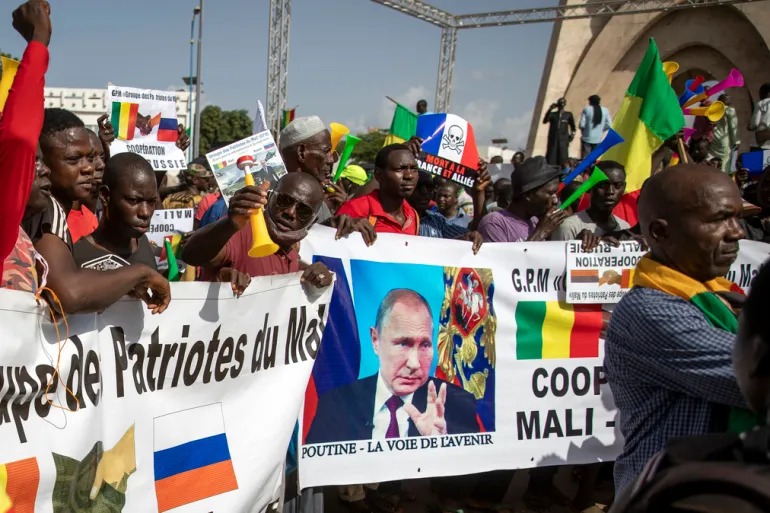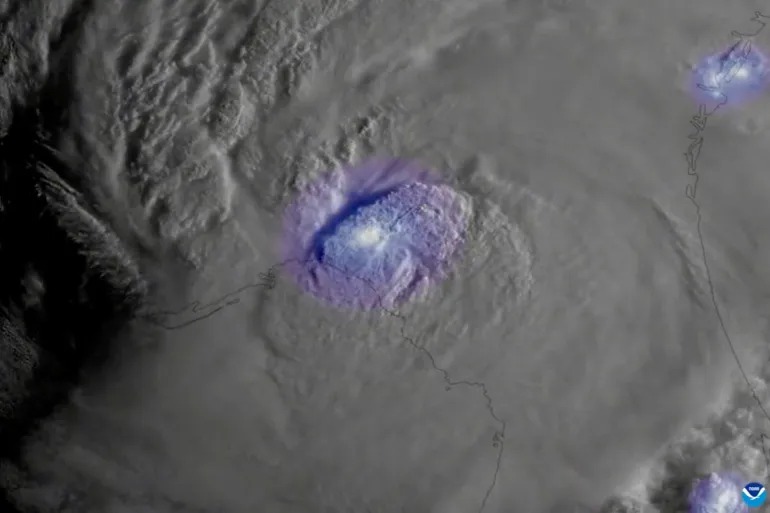In a bold move that has sparked international controversy, Russia has employed its veto power at the United Nations (UN) to obstruct the extension of sanctions and monitoring in Mali. This action comes amidst accusations from Western powers that Moscow is retaliating against UN experts who implicated Russia’s Wagner mercenaries in severe human rights abuses within the West African nation. The UN Security Council’s 15 members found themselves divided on the matter, with thirteen backing the proposed extension, while China abstained from voting.
Russia Vetoes UN Resolution to Extend Sanctions, Monitoring in Mali
The UN Security Council, comprised of 15 member states, witnessed a contentious standoff as Russia exercised its veto power to prevent the extension of sanctions and the maintenance of a team of UN experts in Mali. This decision comes after a proposal backed by thirteen members aimed to prolong sanctions and the presence of experts who accused foreign fighters, including Russia’s Wagner mercenary force, of involvement in widespread abuses within the military-controlled Mali.
Accusations of Retaliation and Foreign Influence
As tensions escalate, Western powers are leveling accusations against Russia, claiming that the veto is a direct response to UN experts implicating Wagner mercenaries in grave human rights abuses within Mali. These experts had previously highlighted the involvement of foreign fighters in Mali’s turmoil, with veiled references to Russia’s Wagner force. The veto is perceived as an attempt to stifle criticism and to prevent the publication of uncomfortable truths surrounding Wagner’s actions, thus raising concerns about the role of foreign influence in Mali’s internal affairs.
Implications for Mali’s Peace Process
The UN’s failure to extend sanctions and monitoring in Mali has raised significant concerns about the nation’s peace process. Russia’s veto has been criticized as “reckless” by the United Kingdom’s envoy, as it reduces the UN Security Council’s ability to oversee and engage with Mali’s efforts to achieve stability. With the recent shift in alliances by Mali towards Russia following political upheaval, this move raises questions about the motivations and implications of the country’s actions, especially concerning the expulsion of French forces and UN peacekeepers.
As the geopolitical landscape evolves, the situation in Mali remains fluid and uncertain. The international community watches closely as Russia’s decision to wield its veto power reverberates throughout diplomatic circles. The fate of Mali’s peace process hangs in the balance, and the allegations of human rights abuses involving foreign actors only further complicate the situation. Amidst these challenges, the UN’s role in ensuring peace and stability in Mali faces a critical test, demanding innovative solutions and diplomatic efforts to address the ongoing crisis.
















